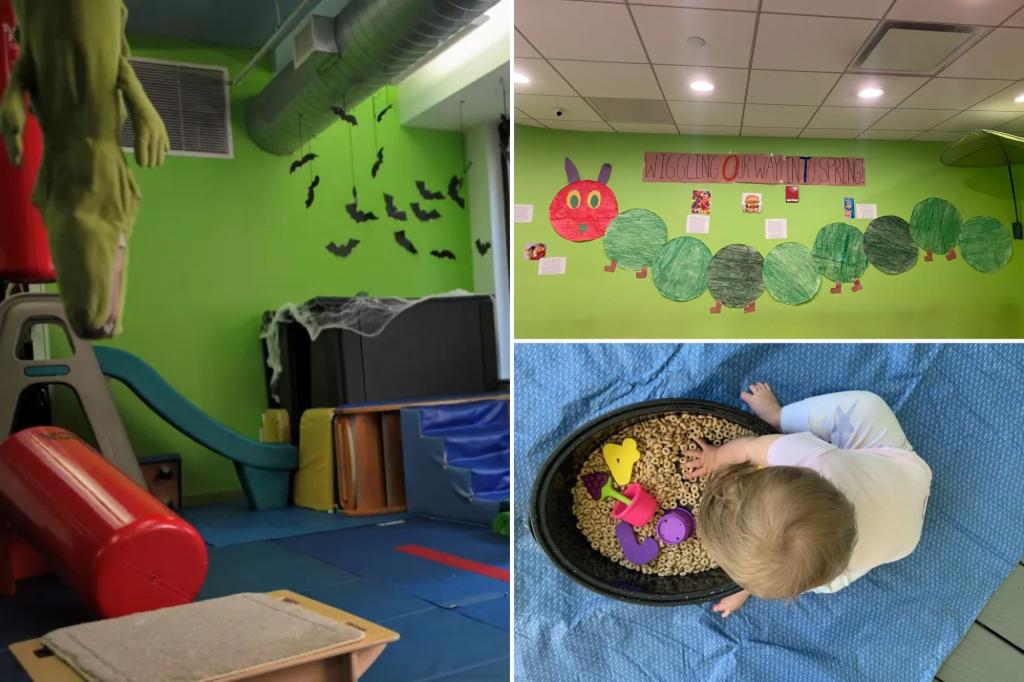Heartbreak in NYC: Beloved Gym for Special Needs Families Closes Suddenly
New York City parents are reeling after the unexpected closure of Bright Horizons Gym, a cherished facility specializing in adaptive fitness programs for children with disabilities. The Queens-based center shut its doors permanently on June 15, 2024, leaving over 200 families without critical therapeutic services. Owners cited unsustainable operating costs and lack of funding, sparking concerns about support systems for special needs families in urban areas.
The Vital Role of Specialized Fitness Programs
Bright Horizons stood out for its innovative approach to inclusive fitness, offering:
- Sensory-friendly equipment tailored to various disabilities
- 1:1 coaching for children with autism spectrum disorder
- Physical therapy-integrated movement programs
- Social skills development through group activities
“This wasn’t just a gym—it was a lifeline,” said Marisol Rodriguez, whose 8-year-old son with cerebral palsy attended for three years. “The progress he made with his balance and confidence…I don’t know where we’ll find that support now.”
Research from the Journal of Developmental Medicine shows specialized fitness programs improve motor skills in 78% of participants with physical disabilities while reducing behavioral incidents by 43% in children with cognitive challenges.
Financial Pressures Behind the Closure
Owner Daniel Chen explained the difficult decision: “Despite charging below-market rates, our rent increased 40% this year. Grants covered just 15% of operating costs, and we exhausted personal savings keeping doors open during COVID.” The gym’s closure reflects a broader trend—23% of adaptive recreation centers in major cities have shut down since 2020 according to Urban Health Institute data.
However, some parents expressed frustration about the abrupt shutdown. “Two weeks’ notice isn’t enough when your child thrives on routine,” noted James Wilson, father of a nonverbal 10-year-old. “There should be safeguards for essential services like these.”
Searching for Alternatives in an Overburdened System
With waitlists at comparable facilities stretching 6-12 months, families face limited options:
- Public school programs often lack specialized equipment
- Generic gyms rarely accommodate severe disabilities
- Home-based therapy costs 2-3 times more than group sessions
Dr. Alicia Tan, a pediatric rehabilitation specialist at NYU Langone, warns: “These closures create dangerous gaps in care. Consistent movement therapy isn’t optional—it prevents regression in motor function and mental health declines.”
Community Mobilizes for Solutions
Advocacy groups have launched a #SaveAdaptiveSpaces campaign, urging:
- City subsidies for disability-focused businesses
- Tax incentives for landlords renting to therapeutic facilities
- Medicaid coverage for developmental fitness programs
Meanwhile, former Bright Horizons staff are offering pop-up classes in parks and community centers. “We won’t abandon these families,” vowed head coach Theresa Morales, who’s coordinating volunteer sessions. “But makeshift solutions can’t replace proper facilities.”
The Bigger Picture: Supporting Special Needs Infrastructure
This closure highlights systemic issues in urban disability services. While New York mandates accessibility in public spaces, private specialized businesses receive little protection. City Councilmember Sara Hernandez has proposed legislation that would:
- Create a special zoning category for therapeutic facilities
- Establish emergency funding for at-risk centers
- Form a task force examining long-term sustainability
As families navigate this loss, the conversation turns to preventing future closures. “These spaces aren’t luxuries—they’re medical necessities disguised as playgrounds,” Rodriguez emphasized. “Our children deserve better safety nets.”
Families affected by the closure can contact the NYC Disability Services Hotline at (212) 555-ACCESS for assistance finding alternative programs. Advocacy meetings occur every Thursday at the Queens Public Library (Main Branch) at 6 PM.
See more WebMD Network



